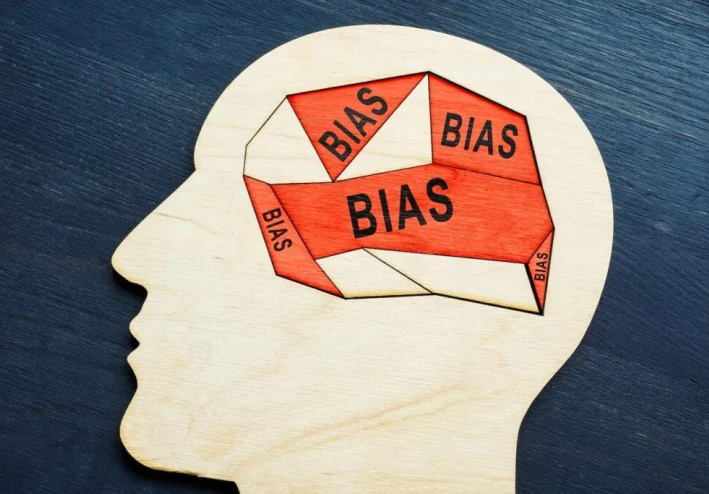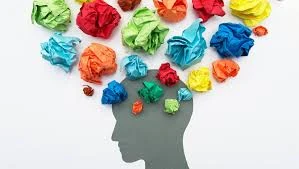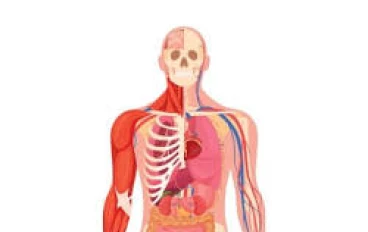
Mental Health: Foundations, Challenges, and Strategies for Well-Being in 2025
Mental Health: Foundations, Challenges, and Strategies for Well-Being in 2025
Abstract
Mental health is integral to overall well-being, encompassing emotional, psychological, and social dimensions. This review article explores the foundational aspects of mental health, common disorders, natural improvement strategies, the impacts of stress and anxiety, the role of social support, neuropsychological connections, effective therapies, workplace promotions, considerations for children and adolescents, and technological advancements. Drawing on insights from organizations like the World Health Organization (WHO) and emerging trends, the article emphasizes multidimensional approaches to foster resilience and healthier communities. Key strategies include mindfulness practices, social networks, and innovative technologies, highlighting the importance of early intervention and holistic care.

Introduction
Mental health is a crucial aspect of overall well-being that enables individuals to cope with life’s stresses, realize their potential, and function effectively in social and work environments. Good mental health supports clear thinking, emotional stability, and positive relationships, all of which contribute to a balanced and fulfilling life. According to the World Health Organization (WHO), mental health is not merely the absence of mental disorders but a state of well-being where individuals thrive emotionally, psychologically, and socially. Prioritizing mental health leads to improved mood, reduced anxiety, and enhanced resilience in facing life's challenges.
Mental Health Disorders: Types and Common Symptoms
Mental health disorders encompass a wide range of conditions that affect mood, thinking, and behavior. The most common types include anxiety disorders, mood disorders (such as depression and bipolar disorder), psychotic disorders, eating disorders, and trauma-related disorders. Symptoms vary depending on the disorder but may include excessive worry, persistent sadness, hallucinations, changes in appetite, withdrawal from social activities, and difficulty concentrating. Recognizing these symptoms early is vital for effective intervention and management.
Natural Strategies to Enhance Mental Health Wellness
Improving mental health naturally involves self-care practices that promote relaxation and emotional balance. Spending time in nature, engaging in mindfulness exercises, and regular physical activity such as walking can significantly reduce symptoms of depression and anxiety. Techniques like forest bathing, grounding, and somatic breathwork have gained popularity due to their calming effects on the nervous system. Incorporating these habits into daily routines fosters mental wellness without reliance on medication.
The Impact of Stress and Anxiety on Mental Health and Management Approaches
Stress and anxiety, while natural responses to challenges, can become harmful if chronic. Persistent stress triggers physiological responses including increased heart rate and weakened immune function, leading to heightened risks of cardiovascular and other physical illnesses. Psychologically, chronic anxiety disrupts cognitive functions, causing irritability, mood swings, and increased risk of depression. Managing these conditions involves strategies like cognitive behavioral therapy (CBT), mindfulness practices, and lifestyle modifications such as improved sleep hygiene and stress reduction techniques.
The Role of Social Support in Promoting Mental Health
Social support is a pivotal factor influencing mental health outcomes. Emotional support from family, friends, and significant others provides a sense of security and helps individuals cope with stress. Instrumental support offers practical help and resources, while informational support provides guidance and advice. Research shows that access to a strong social network can reduce perceived stress, anxiety, and depression, thereby promoting overall well-being. Mental health interventions incorporating social support tend to be more effective and lead to lasting recovery.
The Interconnection Between Mental Health and Neuropsychology
Neuropsychology examines the connection between brain function and behavior, offering valuable insights into mental health disorders. Neuropsychological assessments help identify cognitive deficits linked to conditions like depression and anxiety, guiding personalized treatment plans. Psychotherapy modalities such as CBT can be tailored based on these assessments to address specific emotional and cognitive challenges. This integrated approach improves treatment efficacy and aids in understanding the neurological underpinnings of mental health conditions.
Effective Mental Health Therapy Techniques in 2025
Among the most effective therapies in 2025 are mindfulness-based cognitive therapy (MBCT) and other mindfulness practices. MBCT blends meditation with cognitive strategies to help prevent depression relapse and reduce anxiety and stress. It is widely supported by research and recommended by health authorities. Integrated psychotherapy approaches combining attachment-based therapy, somatic experiencing, and polyvagal theory are also gaining prominence for their holistic benefits in emotion regulation and trauma healing.
Promoting Mental Health in the Workplace
Mental health promotion in the workplace includes strategies like flexible scheduling, mental health training, employee recognition programs, and accessible mental health resources. Employers can foster a stigma-free culture by openly supporting mental health and ensuring work-life balance through policies like remote work and clear boundaries. Training managers to recognize distress signs and providing mental health benefits improve employee well-being and productivity.
Mental Health Considerations for Children and Adolescents
Caring for the mental health of children and adolescents involves early identification of behavioral and emotional changes, fostering supportive family environments, and encouraging open communication. Promoting positive social interactions, healthy routines, and resilience skills helps young people manage stress and emotional challenges effectively. Professional support should be sought when symptoms of mental disorders appear, ensuring timely intervention.
The Role of Technology in Advancing Mental Health Care
Technology plays an increasingly important role in mental health care through digital health apps, teletherapy, and virtual support groups. These tools enhance accessibility to mental health services and provide innovative ways to monitor and manage symptoms. Advances in mental health tech in 2025 include AI-driven therapy platforms and apps designed for mindfulness, mood tracking, and stress management, offering personalized support outside traditional clinical settings.
Conclusion
This comprehensive overview highlights the multidimensional nature of mental health and provides key strategies and insights that reflect the latest trends and research in mental health care. Prioritizing mental health through awareness, effective therapy, natural wellness practices, social support, and technological innovations is essential for fostering healthier individuals, families, and communities today and beyond.
































